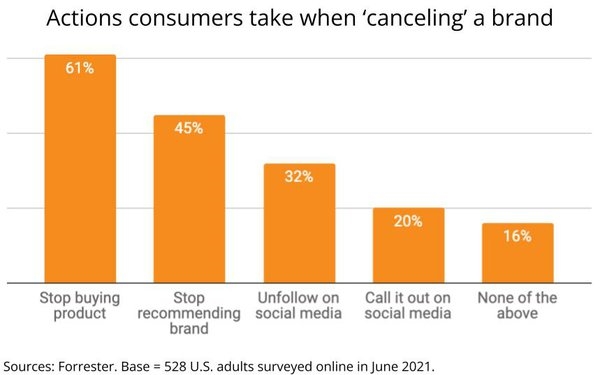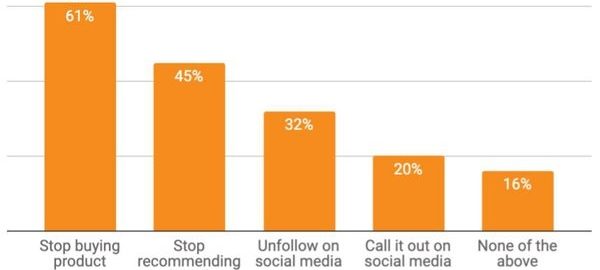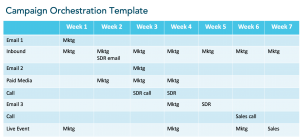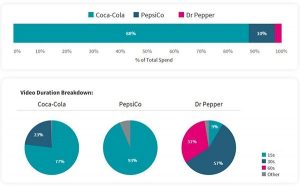How Americans ‘Cancel’ Brands, According To Forrester

With numerous recent studies indicating consumers are becoming more active about pressuring brands whose products, services — and increasingly, policies and ideologies — don’t align with them, Forrester fielded research to find out exactly how consumers “cancel” brands they no longer support.
Not surprisingly, the No. 1 action is to simply discontinue purchasing the brand’s products or services. That action was cited by 61% of 528 U.S. adults surveyed by Forrester in June 2021.
Other, less directly bottom line actions, include to simply stop recommending it to others (cited by 45% of respondents), unfollowing the brand on social meida (32%), and “calling it out” in personal posts on social media (20%).
“In some cases, cancel culture is regarded as consequence culture — conscious appeals for accountability,” Vice President-Research Director Mike Proulx writes in a post on Forrester’s site, adding, “In other cases, it’s slated as call-out culture — snap condemnations for ostracism.”
“Where’s the line between these two cases,” he continues? “Well, it’s personal. It depends on the point of view of who you ask — their values, beliefs, affiliations, and worldview. It’s also personal when it comes to brand impact. We’ve observed that: Cancel culture impacts personal brands more than company brands. People, rather than companies, can be materially impacted by the fury of cancel culture. But does that mean companies are immune to its effects? That also depends.”
(18)
Report Post







